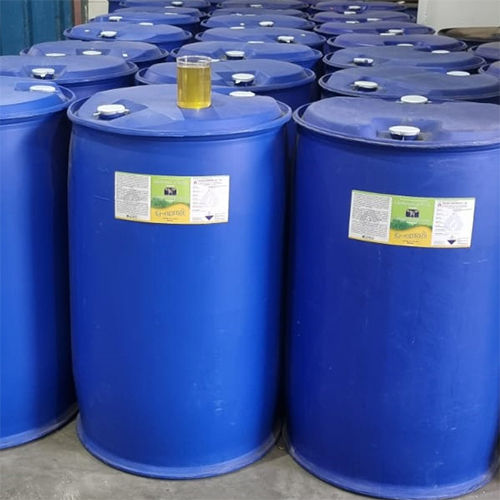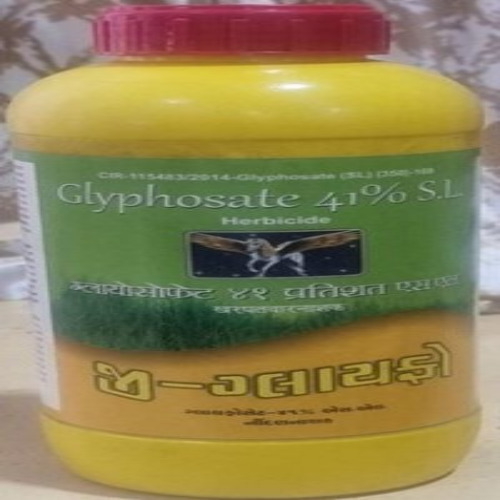Showroom
Herbicides can be used to swiftly and effectively remove
undesirable vegetation, enabling better management of crops and plants.
Additionally, they can lessen crop and weed competition for nutrients and
water, enhancing crop yields.

Herbicides can be used to swiftly and effectively remove
undesirable vegetation, enabling better management of crops and plants.
Additionally, they can lessen crop and weed competition for nutrients and
water, enhancing crop yields.
 GOLDEN FINECHEM PVT LTD
GOLDEN FINECHEM PVT LTD

For an immediate response, please call this
number 07971190120

Price:




